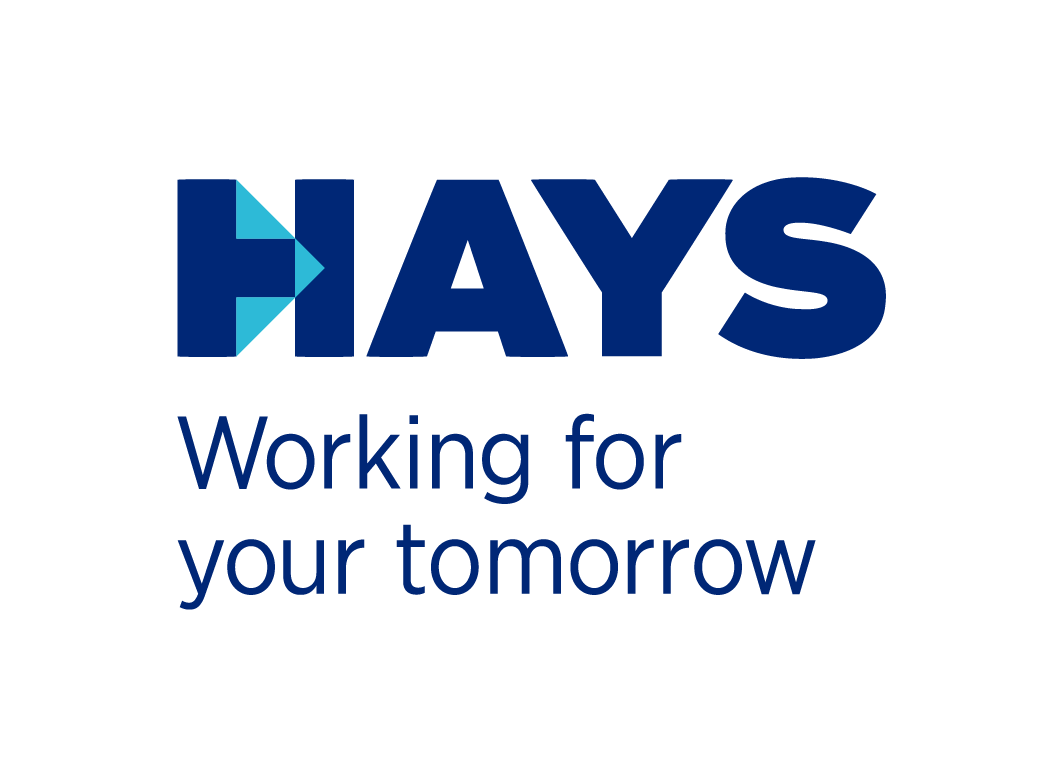Job Overview:
As a Cloud Specialist, you will be responsible for designing, implementing, and managing cloud-based solutions that enable organizations to leverage the benefits of cloud computing. You will work closely with cross-functional teams to assess business needs, architect cloud environments, migrate existing systems, and optimize cloud infrastructure for performance, security, and scalability.
Key Responsibilities:
Cloud Architecture and Design:
Design and architect cloud solutions that align with business requirements, considering factors like scalability, reliability, security, and cost-efficiency.
Define cloud migration strategies for existing on-premises systems or applications.
Cloud Services Implementation:
Deploy and configure cloud services such as virtual machines, containers, databases, networking, storage, and serverless computing.
Implement solutions using cloud providers' platforms, such as Amazon Web Services (AWS), Microsoft Azure, Google Cloud Platform (GCP), or others.
Infrastructure as Code (IaC):
Utilize infrastructure-as-code tools (e.g., Terraform, CloudFormation) to automate the provisioning and management of cloud resources.
Maintain version-controlled IaC scripts for consistent and reproducible infrastructure.
Cloud Security and Compliance:
Implement security best practices to secure cloud environments, including identity and access management, encryption, and network security.
Ensure compliance with industry regulations and standards relevant to cloud operations.
Performance Optimization:
Monitor and analyze cloud infrastructure performance to identify and address bottlenecks, latency, and resource constraints.
Optimize cloud resources for cost-efficiency without sacrificing performance.
Backup and Disaster Recovery:
Establish backup and disaster recovery strategies for cloud-based applications and data.
Design and test recovery procedures to ensure business continuity.
Collaboration and Communication:
Collaborate with development, operations, and security teams to ensure seamless integration of cloud solutions into the organization's ecosystem.
Communicate technical concepts and solutions effectively to both technical and non-technical stakeholders.
Documentation and Training:
Document cloud architecture, deployment processes, and operational procedures for knowledge sharing and reference.
Provide training and guidance to team members on cloud best practices and tools.
Continuous Improvement:
Stay current with cloud technology trends, updates, and new services to identify opportunities for improvement.
Propose and implement enhancements to existing cloud environments.
























